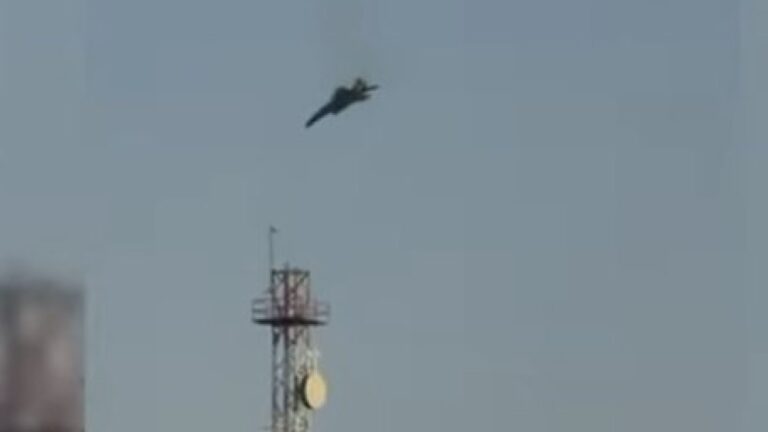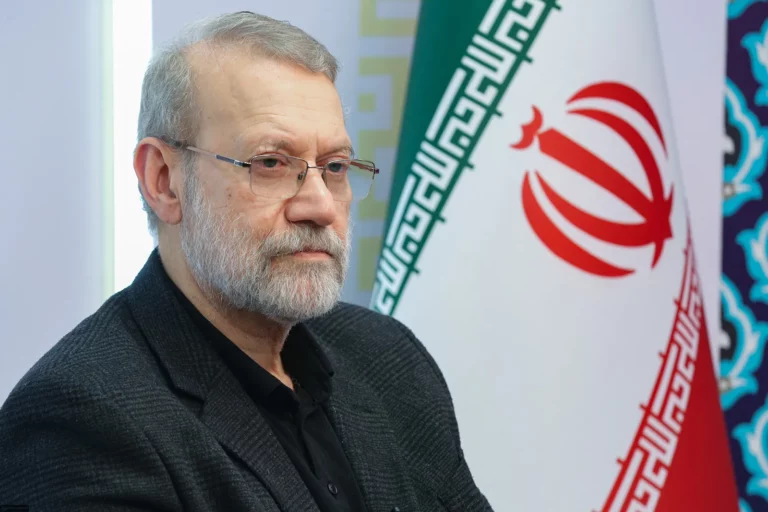 New Jersey Gov. Chris Christie has scheduled a news conference for Thursday, one day after emails and text messages revealed his administration may have closed highway lanes to exact political retribution.
New Jersey Gov. Chris Christie has scheduled a news conference for Thursday, one day after emails and text messages revealed his administration may have closed highway lanes to exact political retribution.
There was likely to be fallout for the second time in weeks, given that the governor issued a statement Wednesday saying he was “outraged and deeply saddened” by the revelations. He said he was misled by a key aide and he denied involvement.
“This completely inappropriate and unsanctioned conduct was made without my knowledge,” he said in the statement. “People will be held responsible for their actions.”
The governor was set to answer questions at the Statehouse at 11 a.m., just weeks after he announced the resignation of a top appointee at the center of the controversy. During a previous news conference, Christie had called a Democratic-led state investigation into the incident politically motivated and joked that he had personally put up traffic cones to close the lanes.
This was supposed to be a month of celebration for Christie’s political future.
But after the personal messages revealed Wednesday that his administration may have closed highway lanes to exact political retribution, the prospective Republican presidential candidate is faced with what may be the biggest test of his political career.
The revelations thrust a regional transportation issue into a national conversation raising new questions about the ambitious governor’s leadership on the eve of a second term designed to jumpstart his road to the White House.
Critics quickly emerged across New Jersey and beyond, high-profile Democrats and Republicans among them, including some who know the 51-year-old governor best.
“What are these people doing?” asked a baffled former New Jersey Republican Gov. Tom Kean, whom Christie has often described as a mentor. “The closer to the governor this is, the more harm that it’s going to do.”
The emails and text messages suggest that one of Christie’s top aides engineered traffic jams in the New Jersey town last September to punish its Democratic mayor. The messages do not directly implicate Christie, but they appear to contradict his assertions that the closings were not punitive and that his staff was not involved.
The messages were obtained by The Associated Press and other news organizations amid a statehouse investigation into whether the lane closings that led to the tie-ups were retribution against the mayor of Fort Lee for not endorsing Christie for re-election last fall.
“Time for some traffic problems in Fort Lee,” Christie deputy chief of staff Bridget Anne Kelly wrote in August in a message to David Wildstein, a top Christie appointee on the Port Authority of New York and New Jersey.
A few weeks later, Wildstein closed two of three lanes connecting Fort Lee to the heavily-traveled George Washington Bridge, which runs between New Jersey and New York City.
Beyond the specifics of the lane closures, critics suggest the incident reflects a darker side of Christie’s brand of politics that contradicts the image he’d like to project as he eyes the presidency.
The governor repeatedly sidestepped criticism that he bullied adversaries in an overwhelming re-election victory in November. Facing a little-known and underfunded opponent, he cast himself as a different kind of Republican: a compromising, consensus builder who ultimately earned strong support from minorities, union members and even many Democrats.
It was described as the opening argument for Christie’s prospective White House run. That argument is now clouded, at least temporarily, during one of the most important transitions of his political career.
In less than two weeks, he is scheduled to celebrate his second inauguration in the shadow of the Statue of Liberty on historic Ellis Island, a symbolic beginning to a second term designed to expand Christie’s bipartisan appeal. He also is expected to unveil his second-term priorities — solidifying his presidential resume — in a state-of-the-state address later this month, while beginning an aggressive national travel schedule as chairman of the Republican Governors Association.
Even if Christie navigates the current situation quickly, Republican operative Hogan Gidley said it would almost surely come back to haunt him in a presidential run. He described Christie’s “bulldog style” as both a political asset and a liability.
“I don’t necessarily think it’s Christie’s policy that’s going to ultimately catapult or sink his campaign; I think it’s his personality,” said Gidley, a senior adviser to 2012 presidential candidate Rick Santorum.
The messages also raise questions about Christie’s most recent appointee to the Republican Governors Association, Bill Stepien, who was in communication with Wildstein about the lane closures while managing Christie’s re-election campaign. Wildstein, a childhood friend of the governor, is scheduled to testify later Thursday before a state Assembly committee but is fighting the subpoena.
National conservative opinion leaders joined Christie’s critics Wednesday, while the Democratic National Committee released a web video that details Christie’s earlier assurances that neither he nor his staff had anything to do with the closures.
“I’ve made it to very clear to everybody on my senior staff that if anyone had any knowledge about this that they needed to come forward to me and tell me about it, and they’ve all assured me that they don’t,” Christie said in mid-December, mentioning Stepien by name.
DNC chair Debbie Wasserman-Schultz said the “revelations are troubling for any public official.” But she said: “They also indicate what we’ve come to expect from Gov. Christie — when people oppose him, he exacts retribution. When people question him, he belittles and snidely jokes. And when anyone dares to look into his administration, he bullies and attacks.”
Other Republicans have been critical of Christie’s politics in the past.
In a book released in November, former Republican presidential nominee Mitt Romney raised concerns about Christie’s insistence that Romney obtain Christie’s approval to raise money in New Jersey. Romney found Christie’s position “galling, like something out of ‘The Soprano’s,'” according to the authors of the book “Double Down: Game Change 2012.”
Kean said it was imperative for Christie to address the latest issue head on.
“He’s known as a straight shooter and a straight talker. He’s got to be the same on this one,” Kean said. “Whatever’s there, get it all out, and do it now.”
(AP)











One Response
Consensus builder,
Revenge taker,
Opponent bully-er;
Sounds like another President Hussein to me.